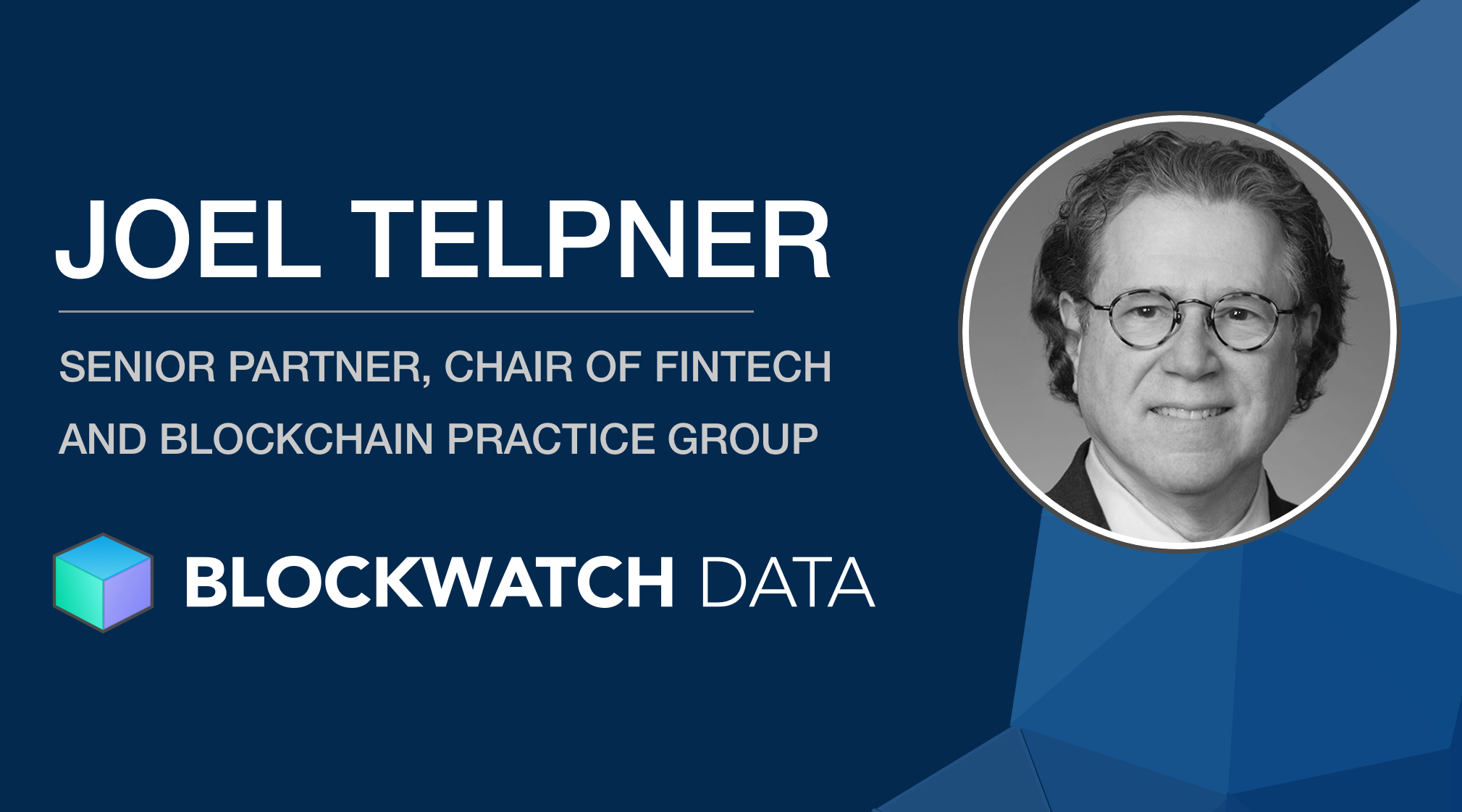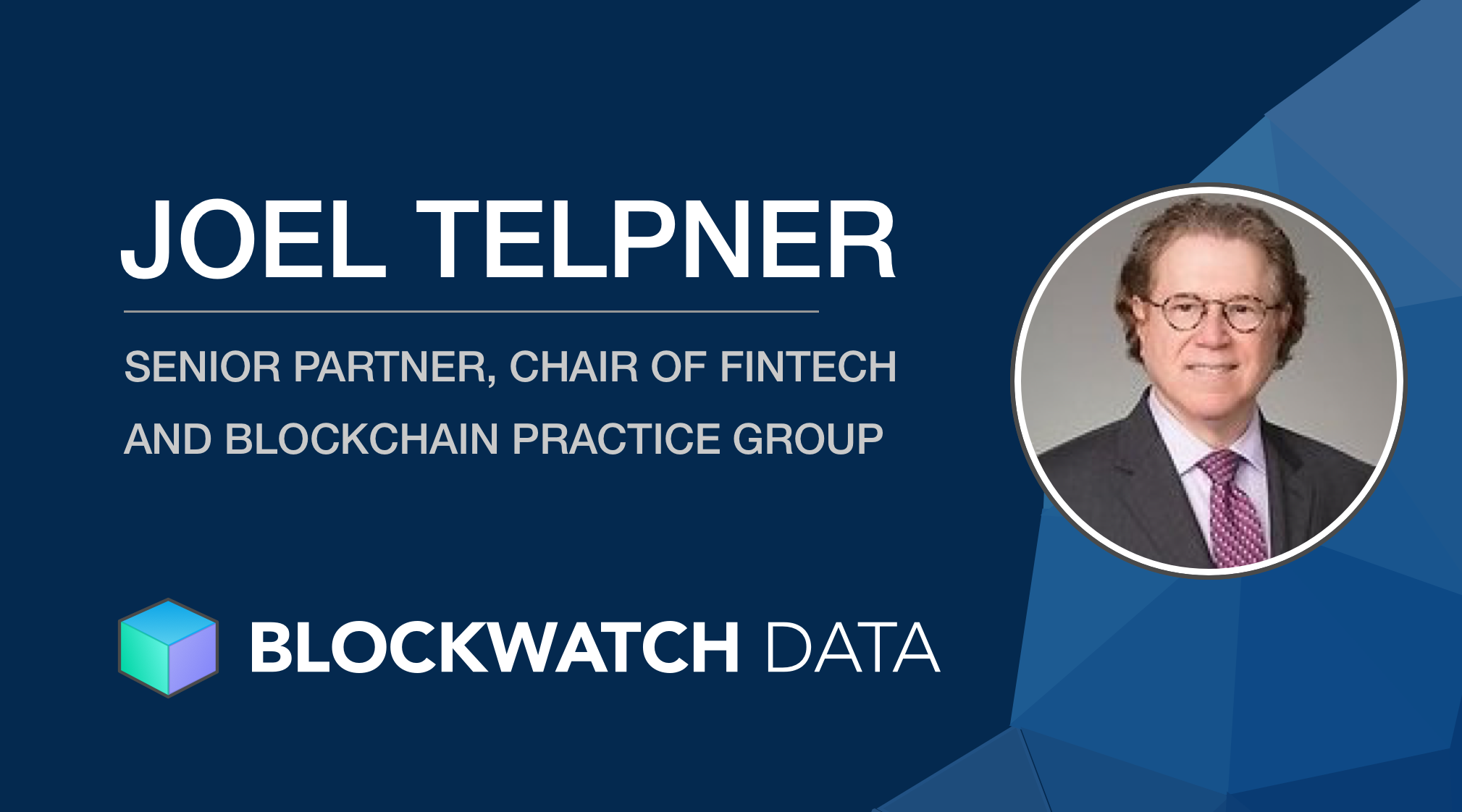Listen to the full podcast here.
Joel is the chair of Sullivan's FinTech and blockchain practice. He's a highly regarded trailblazer in the FinTech, blockchain and cryptocurrency space. Joel's clients size and nature vary from governments, top cryptocurrencies, and large enterprises to small startups who describe him as a quote, very sharp and very experienced partner.
Who was super pragmatic and "can sort through the chaff and get to the nub of things. Impressively quickly." His representative client work includes advising the Marshall Islands and creating digital sovereign currencies, which we'll dive into, helping to launch ndau a buoyant stable coin virtual currency, structuring for Gita Holding/GreatX, a structured principle protected tokenized investment product, allowing investors to obtain upside exposure to hotel room blocks and various hotel properties, as well as providing regulatory advice to prominent blockchain projects, including Aeternity, Iota, NEM, and Celsius.
Being recognized worldwide as an authority on blockchain and digital asset issues, Joel currently sits on several of the industry's leading research groups and has spoken extensively worldwide.
"I think the real game changer is not as much as what Wyoming has done, but the fact that we now have clarity going forward, that national banks, to the extent that they want to act as a custodian with respect to crypto assets can do so consistent with federal banking laws. So to me, that's at the end of the day, the bigger game changer. -6:00

What's happening in the blockchain world economically, is still pretty tiny. And ultimately what needs to happen is more mainstream acceptance by institutional players, and by enterprises and corporates and all of those players are, I'm only going to get involved. If they feel there's enough safety and soundness behind what's happening and enough regulatory oversight to make them comfortable taking on the exposure.-11:50
So now regulators are starting to look at Bitcoin and other crypto again, with a more interesting light because they're starting to realize, wait a minute, maybe we were thinking about this all wrong and maybe we were being overly worried because to a certain extent the technology itself provides a potential regulatory solution.-20:00
And so I think my own personal view is that in the case of China, that even if they are very successful in playing a leading role in proving that you can create a central bank digital currency, the world is going to be very skeptical of using it outside of China because of the, data capturing aspects that will likely be embedded into it.-24
And so all of these different types of stable coins, because they have different attributes as to how they're created, and how they're managed, who potentially are the targeted users and how they're being used, creates a lot of complex challenging questions from a regulatory standpoint, for which there is no global consensus. And I think that is going to limit the extent to which stable coins can be uniformly adopted, and that's where central bank digital currencies potentially have an advantage.-33
And so the first thing when we started to talk about blockchain technology and securitization, is that if we could simply, improve some of the processes of managing the assets and servicing the assets, and better monitoring and managing the cash flows and automatically deploy the cash flows to the note classes, where they're supposed to go, we immediately create efficiencies that potentially reduce the cost of securitization and improve the returns. And on top of that, it perhaps allows us to expand the universe of assets that we can securitize in the first place. Because again, if we can more easily fractionalize ownership of asset classes, maybe now we have additional assets that a lot that we can pool in the first place.-48
We're always happy to talk to folks that are thinking about this space because we talk to a lot of people that are really tech savvy, but don't necessarily have the big picture and understand just how disruptive their tech can be, and therefore they don't always see the opportunities. And they also, the flip side is don't always see all of the potential regulatory hurdles that are going to push back on them. And, potentially cause them to not be successful, as a result. And so what we like to do with folks is help people, especially that have technological deep understanding, see how it's going to disrupt the existing world and what the regulatory pushbacks are going to be that, they may have to deal with as a result of that." -50

